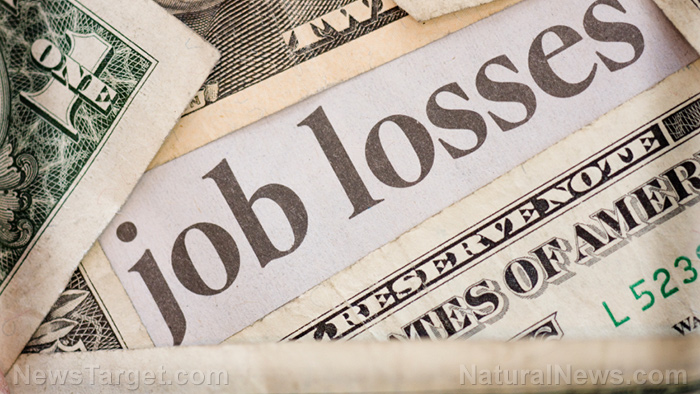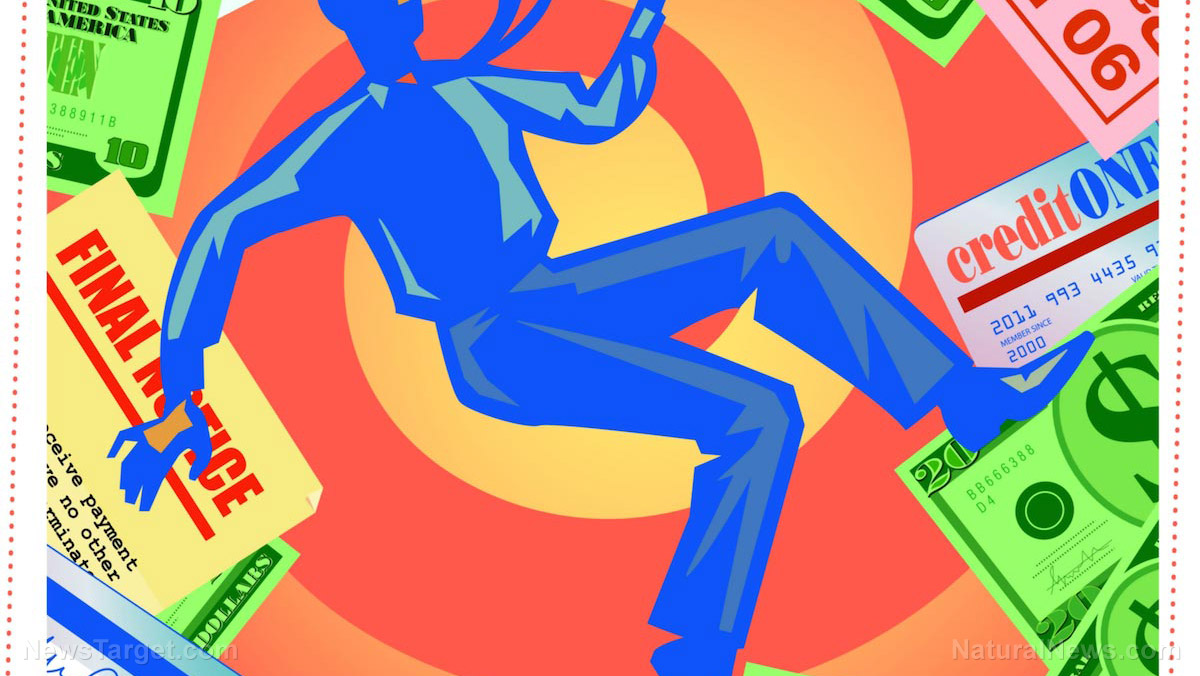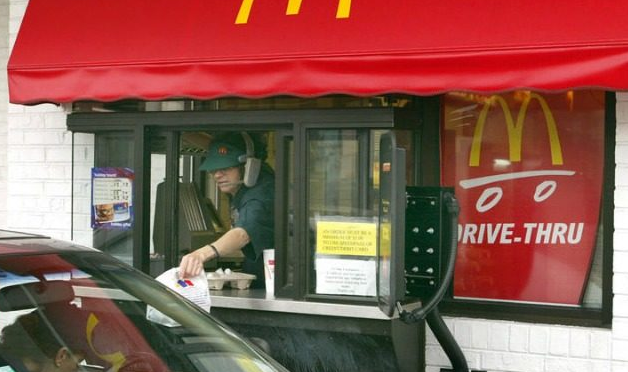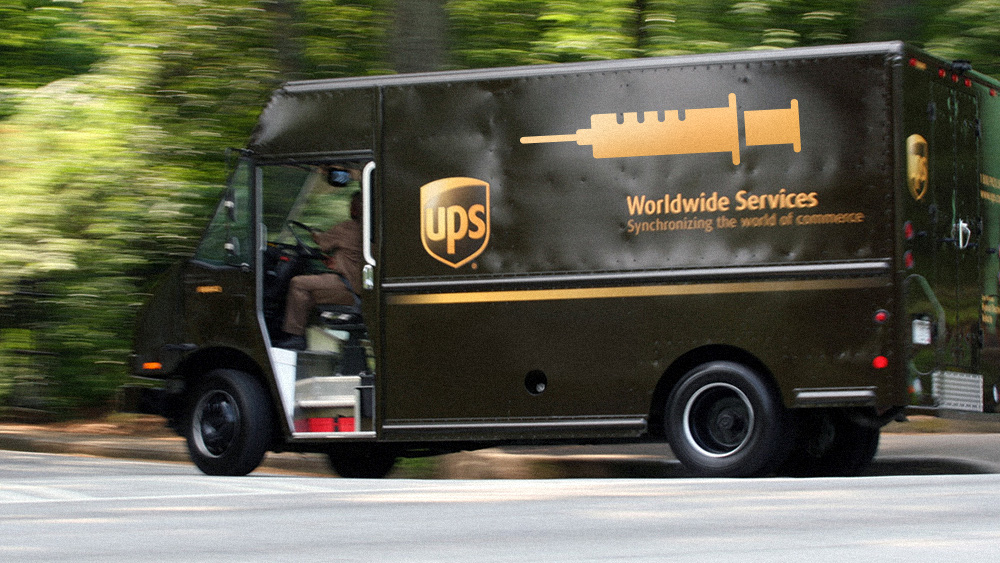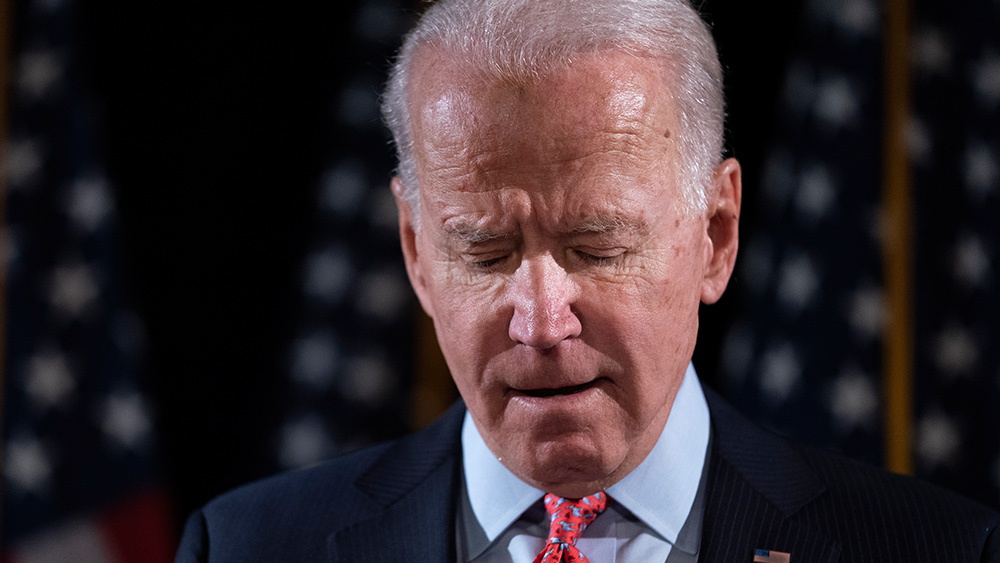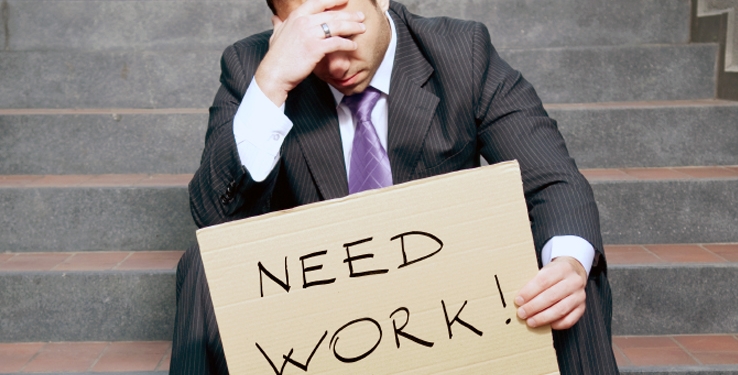Joseph Rowntree Foundation report reveals that escaping poverty has become far more difficult in the U.K.
02/05/2024 / By Zoey Sky

A recently released report from the Joseph Rowntree Foundation (JRF) revealed that escaping poverty in the United Kingdom has become much harder over the past two decades.
According to the JRF report, levels of hardship had deepened for millions of people across Britain since the mid-1990s and it has worsened because of years of “political failure to eradicate poverty.”
The charity asked political leaders to inform voters what they planned to do before the general election to address the issue of poverty. Publishing its U.K. poverty report for 2024, JRF warned that six million of the poorest people, or those classified as living in very deep poverty, would require on average more than double their incomes to escape hardship. (Related: More people in the U.K. are shoplifting food and selling it on the black market.)
The analysis also revealed that the average person in poverty had an income 29 percent below the poverty line on the latest official figures for 2021-22, which has increased from a gap of 23 percent in the mid-1990s.
In the U.K., a person is considered to be below the poverty line if they live in a household with income below 60 percent of the median after housing costs for that year.
For the poorest households, or those living in very deep poverty, the report showed that the average income was at least 59 percent below the poverty line. Unfortunately, this gap has been increasing by at least two-thirds within the past 25 years.
Those in very deep poverty are people living in a household with an income of less than 40 percent of the median after-housing costs.
For a couple with two children, both younger than 14, the poverty line is defined as £21,900 ($27,681), while income below £14,600 ($18,454) is defined as very deep poverty.
Poverty in the U.K. is approaching pre-pandemic levels
According to the JRF report, the number of individuals in very deep poverty was about 4.5 million in the mid-1990s, when it would require about £7,700 ($9,732) for the average person to reach the poverty line.
However, that figure has increased to at least 6 million in 2021-22, when it would take an extra £12,800 ($16,179) to reach the breadline.
Considered by experts as one of the most authoritative studies on poverty in Britain, the annual JRF report emphasized that poverty had increased in the latest government data, returning close to pre-Wuhan coronavirus (COVID-19) pandemic levels.
The report warned that amid the cost of living crisis, more than one in five people (22 percent) in the U.K. were in poverty from 2021 to 2022 as energy bills and the price of essentials have gone up. This equated to 14.4 million people in total, including 4.2 million children and 2.1 million pensioners.
While assessing broader trends since the 1970s, the report found that poverty rates had skyrocketed under Margaret Thatcher during the 1980s, where it reached at least one-quarter of all individuals by the mid-1990s. Poverty rates have remained “stubbornly high” since then.
And while poverty declined during the first half of Tony Blair’s Labor administration, it went up again by 2005.
Overall, the report explained that poverty had barely moved since the Conservatives regained power in 2010, with every year’s poverty rate since then being between 20 percent and 22 percent.
U.K. government must act soon to help low-income families
Paul Kissack, the chief executive of the JRF, warned that within the last two decades, poverty worsened in the United Kingdom. As of writing, more and more families are falling further and further below the poverty line.
Kissack added that it’s no longer surprising that there are many signs of poverty in the U.K., such as the growing use of food banks and the steadily increasing numbers of homeless families.
He warned that the current issue is “social failure at scale” and that it is alarming proof of “both moral and fiscal irresponsibility – an affront to the dignity of those living in hardship while driving up pressures on public services like the NHS.”
He added that despite the rampant poverty in the U.K., it’s not too late to change the story. Kissack advised that, as evidenced throughout history, “governments are not powerless to act.”
Despite proof to the contrary, a government spokesperson claimed that absolute poverty has gone down since 2010.
However, absolute poverty is a tougher measure than the headline figure used by the JRF, which is defined as living in a household with income below 60 percent of the median in 2010-11, adjusted for inflation.
Children are five times less likely to experience poverty living in a household where all adults work, compared to those in unemployed households, revealed the report. It also found that working-age adults living in poverty are more likely to suffer from poor health more broadly. Data suggests that low incomes were also linked to potential symptoms of anxiety, such as lack of sleep, lacking energy and feelings of depression.
Meanwhile, larger families, disabled people, part-time workers and the self-employed, along with those living in rented housing, were identified as among those facing particularly high levels of poverty.
According to the government spokesperson, it is “investing billions, breaking down barriers to work and supporting” more than one million low-income earners through the charity’s in-work progression offer, as the U.K. government is allegedly “cutting taxes and curbing inflation so hard-working people have more money in their pocket.”
Lastly, the JFR report raised concerns about the future levels of hardship, particularly because inflation in the U.K. is still running at twice the target level.
At the same time, benefits are struggling to catch up with rising prices, employment is starting to fall, earnings are still below their 2008 levels and housing costs are steadily increasing.
Visit DebtCollapse.com for more stories about poverty, debt and job cuts across the globe.
Watch the video below as an elitist WEF banker claims that climate change is the cause of poverty.
This video is from the Pool Pharmacy channel on Brighteon.com.
More related stories:
Utility bills in America hit RECORD HIGHS as heating a home becomes a “luxury.”
Sources include:
Submit a correction >>
Tagged Under:
bubble, chaos, collapse, debt bomb, debt collapse, economic riot, finance riot, household debt, inflation, Joseph Rowntree Foundation, JRF, market crash, money supply, panic, poverty, poverty gap, risk, United Kingdom, wages
This article may contain statements that reflect the opinion of the author
RECENT NEWS & ARTICLES
COPYRIGHT © 2022 EconomicRiot.com
All content posted on this site is protected under Free Speech. EconomicRiot.com is not responsible for content written by contributing authors. The information on this site is provided for educational and entertainment purposes only. It is not intended as a substitute for professional advice of any kind. EconomicRiot.com assumes no responsibility for the use or misuse of this material. All trademarks, registered trademarks and service marks mentioned on this site are the property of their respective owners.




